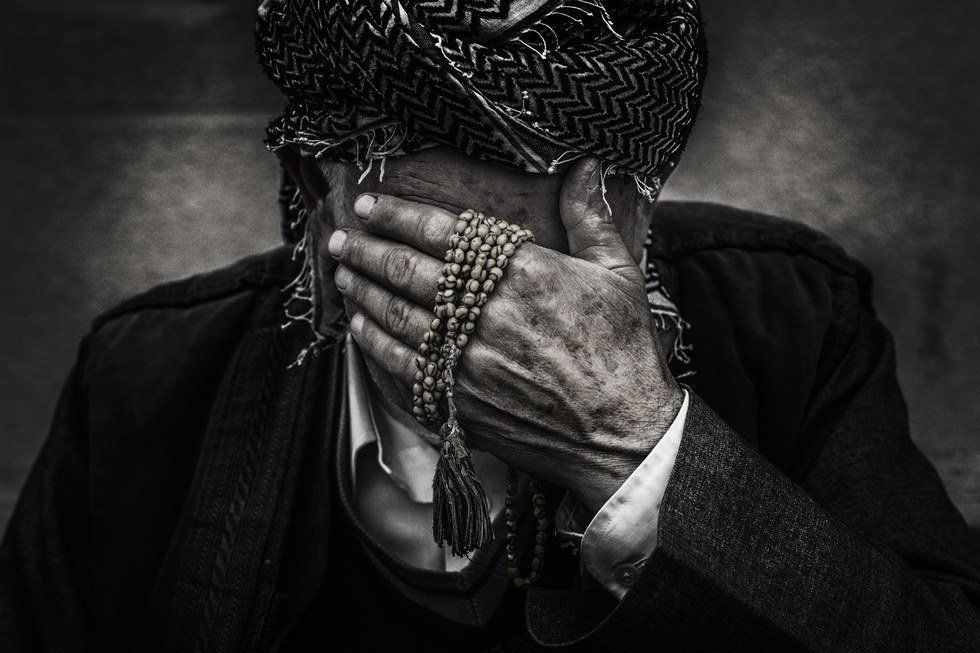“Gratitude is what defines the humanity of the human being....In a way, to be indifferent to that suffering is what makes the human being inhuman.” Elie Weisel, “The Perils of Indifference”.
I remember the day I read Elie Wiesel's Night like it was yesterday. I read it in one sitting, captivated by the pain and suffering held in those pages. I recently listened to Wiesel's speech “The Perils of Indifference.” delivered on April 12, 1999, in the White House. His words are just as captivating and thought-provoking now as they were to me two years ago. And he has opened my eyes to a painful but necessary subject, the perils of indifference.
Wiesel endured things I will never even begin to understand. The pain and suffering the holocaust caused is something that I will never be able to wrap my mind around. And more often than not, I would rather not think about or discuss it, just as I would rather not think about or discuss what is happening in Aleppo right now. Indifference is easy. I have so much going on in my life right now and I tend to feel things very deeply, so it is easier to forget about all the pain in the world than experience it. However, Wiesel says that “Yet, for the person who is indifferent, his or her neighbor are of no consequence. And, therefore, their lives are meaningless. Their hidden or even visible anguish is of no interest. Indifference reduces the Other to an abstraction.”
At the beginning of this fall semester, I went to Alliance Bible Fellowship's College Connection. The pastor that night discussed what it means to be a community, and what it means to love. He asked us all to discuss in groups how certain global news affected us. I believe we were specifically talking about the Orlando shooting, as it was still fresh in our minds. I recall very clearly telling the group that more often than not I choose to be indifferent because I am afraid of the pain I will feel, should I allow myself to feel it. But if I allow myself to be indifferent I reduce those around me to nothing more than abstractions. I become inhumane and uncaring. Wiesel said indifference is more dangerous than hatred or anger because it “elicits no response”. It is an end to relationships and “a friend of the enemy”. He said it was “a sin and a punishment”. If I understand him correctly, indifference is a sin against oneself and others, and it punishes those who are suffering.
The reason I so often feel like choosing to be indifferent is quite simple – the tragedies and horrors that occur daily terrify me. But I'm beginning to think indifference terrifies me more.
Indifference is easy. We all know the phrase by now - “doing the right thing is hardly ever easy.” This once again holds true, for, to do the easy thing in this case, would mean for me that I do not love. Helen Keller said, “Science may have found a cure for most evils; but it has found no remedy for the worst of them all -- the apathy of human beings.”
Forgive me for my past indifference. Too often do I choose to feel nothing. I am beginning to understand how wrong I was, now. Compassion hurts, but I would rather feel that pain than lose that which makes me human.
At the cross, at the last moment, Christ was alone. Abandoned by God and man, carrying the sins of the world on his shoulders. He died, suffered the pains we should have endured, that we might live. He commanded us to love our neighbors as ourselves. Indifference is the lack of love. Forgive me, for I have sinned. Pray for me, that I might once more learn to love.





















